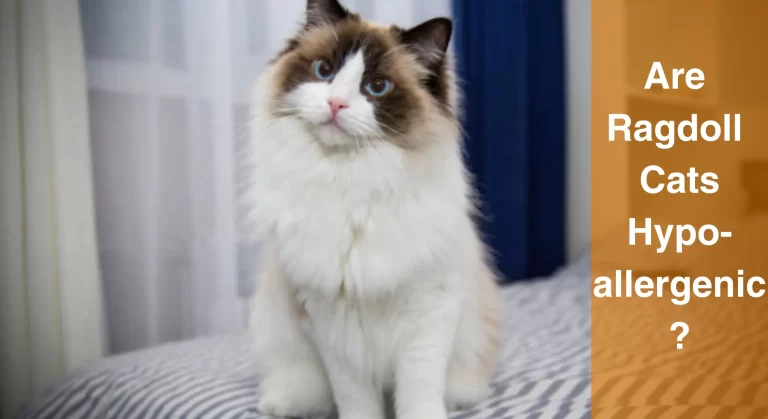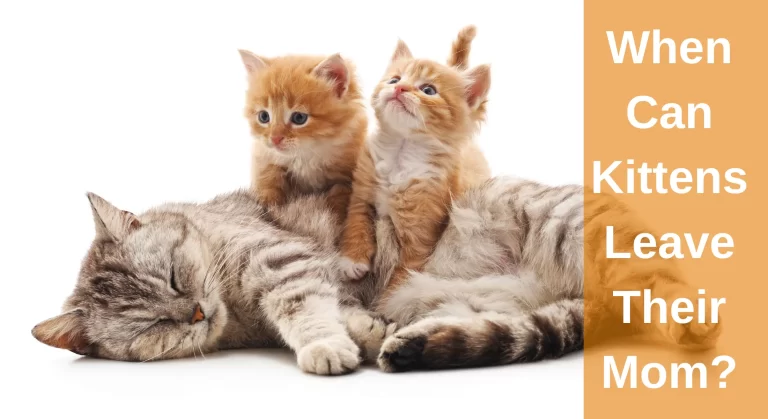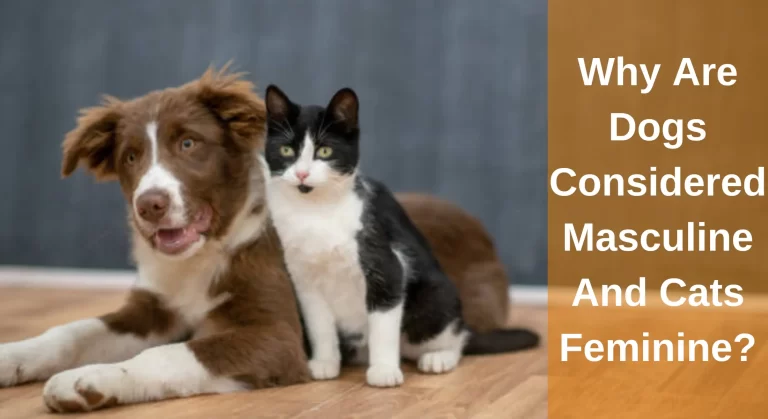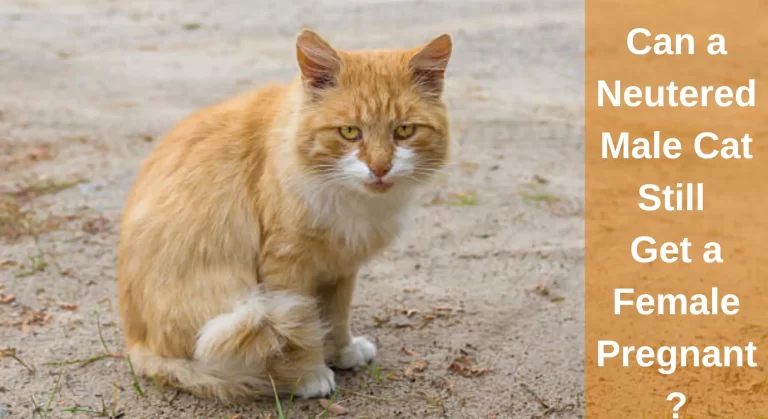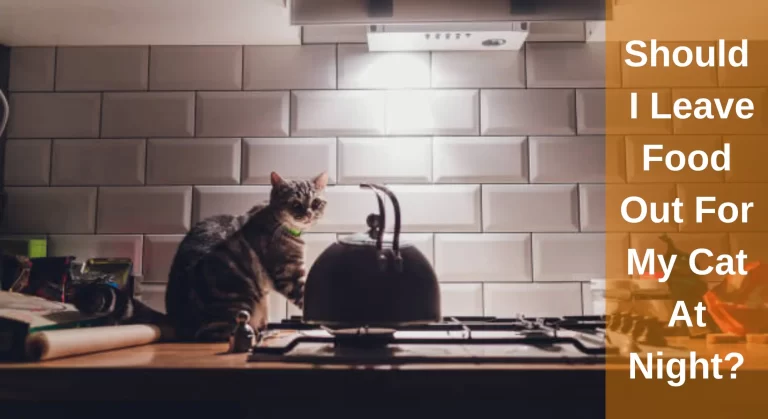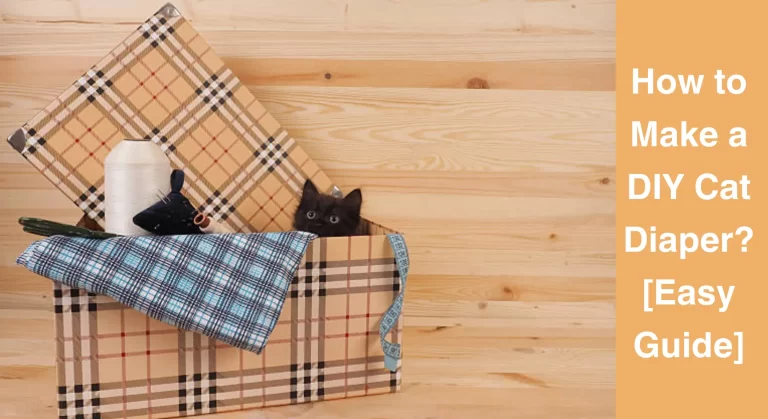Can Cats Control Their Purring? Voluntary or Involuntary
The gentle purr of a feline is a wonderful pleasure. If you’ve had the good fortune to listen to it and sense these gentle sensations when you cuddle them, you’ve questioned if it has something to do with feline magic.
Can cats control their purring? Purring is an instinct of cats that helps them to interact with people. Cats normally purr if they’re delighted or want to calm down; however, they also purr if they require anything from us. Purring is an inherent and automatic reflex sound that is produced by internal diaphragm muscles.
So, let’s not waste any time and delve into this article to dig further into the mysterious world of a cat purring. Moreover, this article will also help you to discover further about your feline’s purr process, do they control this process, and many other exciting facts.
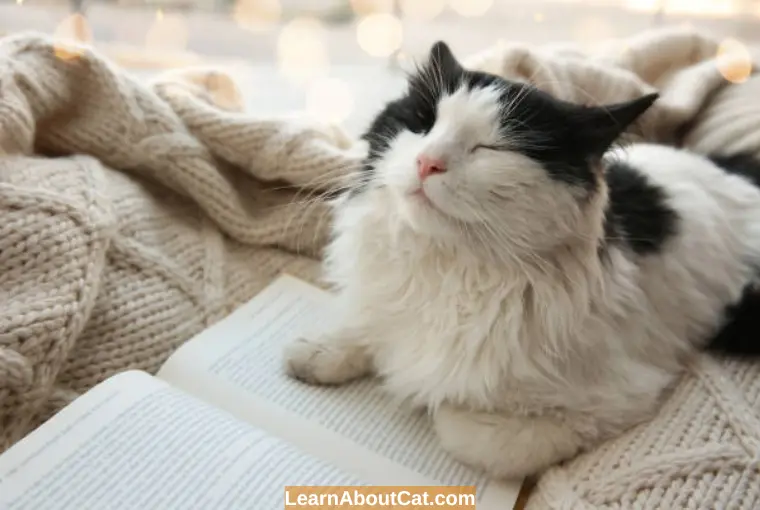
How Do Cats Purr?
Feline’s larynx and the diaphragm work together to produce this purring sound. Cats’ laryngeal muscles in their throats move when they inhale and exhale; due to this, the hyoid bone resonates and creates the low rumbling sound known as purring.
However, felines don’t automatically purr all time they breathe; rather, a part of their brain sends a message to the laryngeal tissues, which vibrates the voice box. Also, the self-regulating nervous system, which mainly functions automatically to control, controls the rate of the purring.
Do Cats Control Their Purring?
Yes, felines can somewhat control how loud they purr. But if a cat controls its purr, we’ll hear it as another kind of communication.
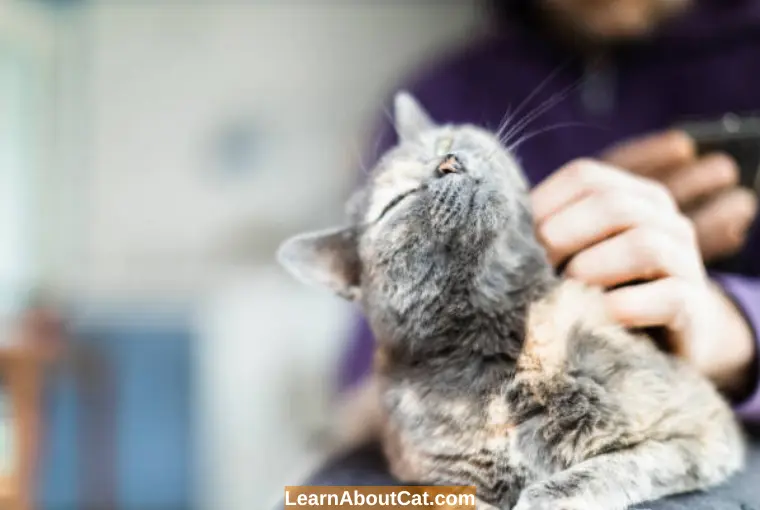
In favourable situations like care, grooming, mating, positive approach, or cuddling adult cats purring is involuntary. Because when cats are happy or sad, their brain releases endorphins that can’t be controlled by cats. Thus, purring is produced.
On the other hand, they can also purr to ask for more food or toys. Also, your cat can purr when a stranger visits your home; aggressive purring. So, in this case, purring is voluntary.
So, in reality, felines have lots of voluntary hidden purring sounds, and they’ll only produce them when they need them.
Also Read: Do Cats Purr When They Are in Pain?
When Is Purring Voluntary?
The reflexive purr that felines generate when they’re calm differs from the purr they produce when they’re begging for food. Voluntary purr had a lower frequency with a greater frantic tone.
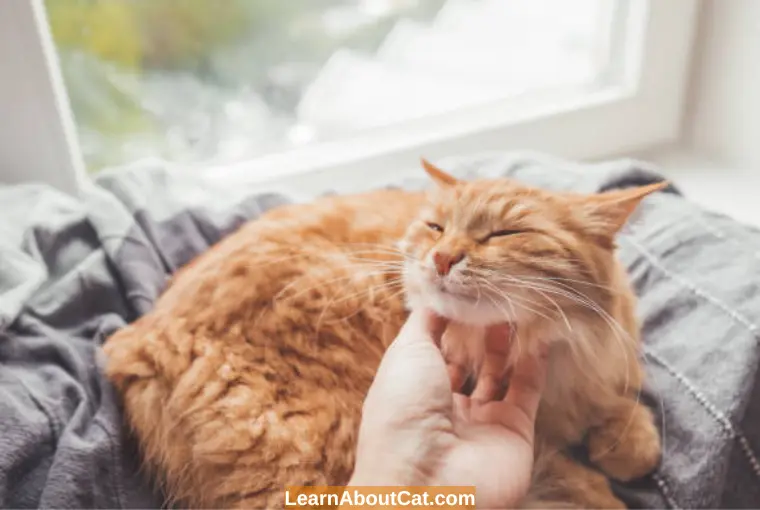
According to researchers, cats adopt this type of purr to take advantage of their caretaker’s sensitivity and to take their attention.
Moreover, when felines plead for food, they make a purring noise that is hard to hear. Just like that, kittens start purring to communicate to their mothers to tell them that they’re hungry. Moreover, with voluntary purring action, our felines can respond to our touching, cuddling, or good morning.
When Is Purring Involuntary? Do Cats Purr Automatically?
Involuntary purring is a sign of strong feelings in felines. Cats purr to show a reflexive reaction to a particular situation, somewhat like their ears dropping, screaming, or developing dilated pupils. The feelings connected to involuntary purring might be happy or bad, like:
- Happiness
- Fear
- Anxiety
- Frustration
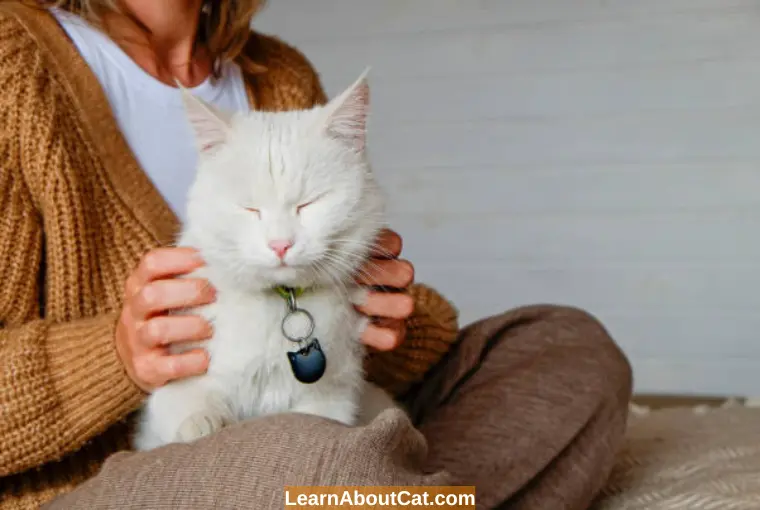
Studies have shown that cats’ purring helps them to soothe their minds and for fast recovery from any injury. So, when felines experience any pain or joy, endorphins (painkillers) are produced.
Thus, cats also produce automatic purring, which acts as a natural reaction to reduce pain during labour or before they die. Moreover, they also induce purring to heal their fractures and wounds, build muscle, and cure ligaments.
Do Cats Choose To Purr? Do Cats Force Themselves to Purr?
Since purring is both a choice and automatic behaviour, felines can select when to do so.
Like when you cuddle your cat, it produces a quiet rumble purr that gives you contented feelings. This purr is involuntarily produced by your cats to show their satisfaction.
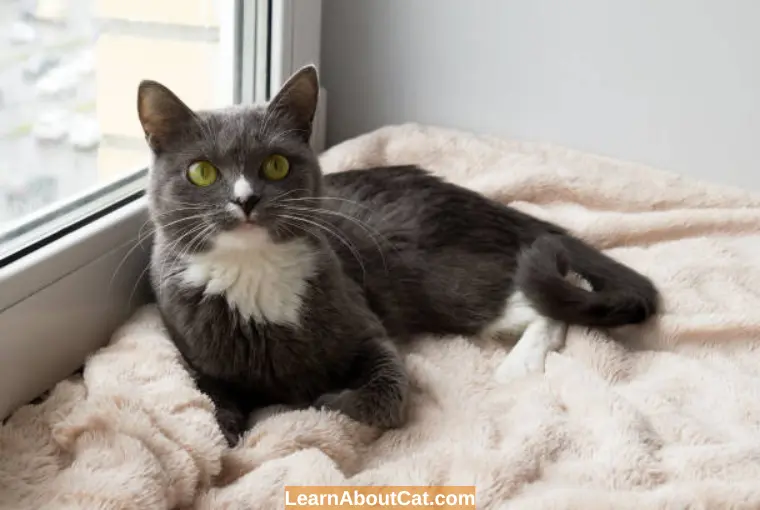
But when this purr is combined with a horrible meowing, just like a baby cry, it indicates that they’re begging for food or they’re in anxiety, pain, or stress. So, in this case, they choose to purr by themselves to express their emotions to their owners so that they can help their felines.
Do All Cats Purr the Same?
All domestic cats purr; based on their requirements and the situation, they may do so accidentally or on purpose. However, the purring sound may vary depending on the level of strength and frequency.
Most felines also have distinctive purring tones, which they utilize occasionally.
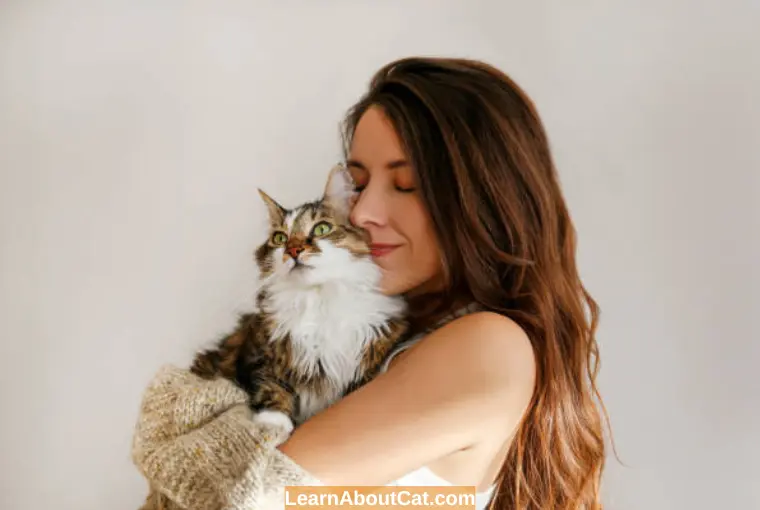
As I’ve discussed above, the hard hyoid in the feline’s neck vibrates and produces a purring sound. So, this hard bone is found in only tiny cats, including bobcats and minks, whereas in huge cats, only cheetahs or cougars possess this hard bone. All these felines have the same purring tone.
In contrast, big cats possess a flexible hyoid, which prevents them from purring and forces them to roar.
Moreover, if you own 2 cats from different breeds, both will have different purring tones. But you can only notice this difference if you pay attention to them.
What If My Cat Doesn’t Purr?
Since felines are distinctive animals with special traits and distinct characteristics, so, it’s not compulsory that all of them purr in the same way. If you recently own a feline, then he won’t purr because they need extra time to become familiar with you and your new place.
But once they get familiar with you and feel secure, they may start to purr even more loudly and confidently.
Moreover, if your cat suddenly stops purring, then it may be a sign of stress or some other disorder. According to research, paralysis of the voice box also stops the cat’s purring. So, if your feline has suddenly stopped purring, you must take him to the vet.
Can Cats Fake Purr?
False purrs from cats are never heard by any cat owner. According to studies, cats often purr to react toward something. Yet sometimes, they also purr to interact with humans and other animals. However, it can’t pretend to purr in the same way that humans pretend to smile or laugh. The motivations underlying the cat’s purr are indeed sincere, but they might vary based on the circumstance and the specific cat.
Frequently Asked Questions
Why does my cat purr so loud when I pet her?
For felines, a loud purr is often quite natural. Most likely, cat purr loudly purrs as a sign of how content and pleased they’re around you. Cats display their affection by making purr. They may begin to purr as soon as you pet them, and this purr may get louder after some time, which shows they love it.
Do Cats Purr When They Are Sick?
Yes, sick cats do purr. Because when cats purr, they release endorphins which act as a painkiller. So, when cats get sick, they purr to relieve their pain and calm themselves.
Is Purring Different for Kittens?
The purr sensation is the first vocalization a kitten tries to learn when they’re off 2-3 days old. Kittens’ purring strengthens the bond between them and their mother. Purring helps the kitten’s mother to know that they’re nearby and happy.
What triggers a cat to purr?
When a cat feels joy or stress, their brain produces endorphins which send signals to its voice box. As a result, when cats breathe, the voice box vibrates and produces a purring sound. Thus, emotions trigger cats to purr.
Does it take effort for cats to purr?
However, purring is triggered by the cat’s brain, but it may require lots of effort. The reason is that when the brain sends signals to the larynx in the form of electric impulses, it takes 20-30 seconds to produce a purring sound. These electric impulses have to work in coordination with the larynx muscles to produce this purring sound; this requires lots of physical effort.
Final Thoughts
After going through this article, I believe you now agree with me that although our felines’ capacity to purr isn’t fully involuntary. The purring sound is produced when the brain triggers some happy or sad emotions, which then vibrate the voice box. But sometimes, they do so on purpose, and it feels mesmerizing when they purr while we cuddle them.
Therefore, when our cats show voluntary purring, we should feel privileged and delighted that your lovely fluffy friend cuddles in your arms and makes that enchanted, mysterious murmuring sound.
Moreover, don’t forget that your cats also purr to get some extra food, extra time, or better relaxation techniques! Also, call your vet if your cat suddenly stops to purr to make sure whether they’re facing some disorder or it’s due to some anxiety/fear.
Related Posts:
Who is Isabella?
My name is Isabella, and I am a dedicated and knowledgeable cat enthusiast. With years of experience caring for cats and a deep love for felines, I made a mission to help other cat lovers navigate the challenges of cat ownership.

